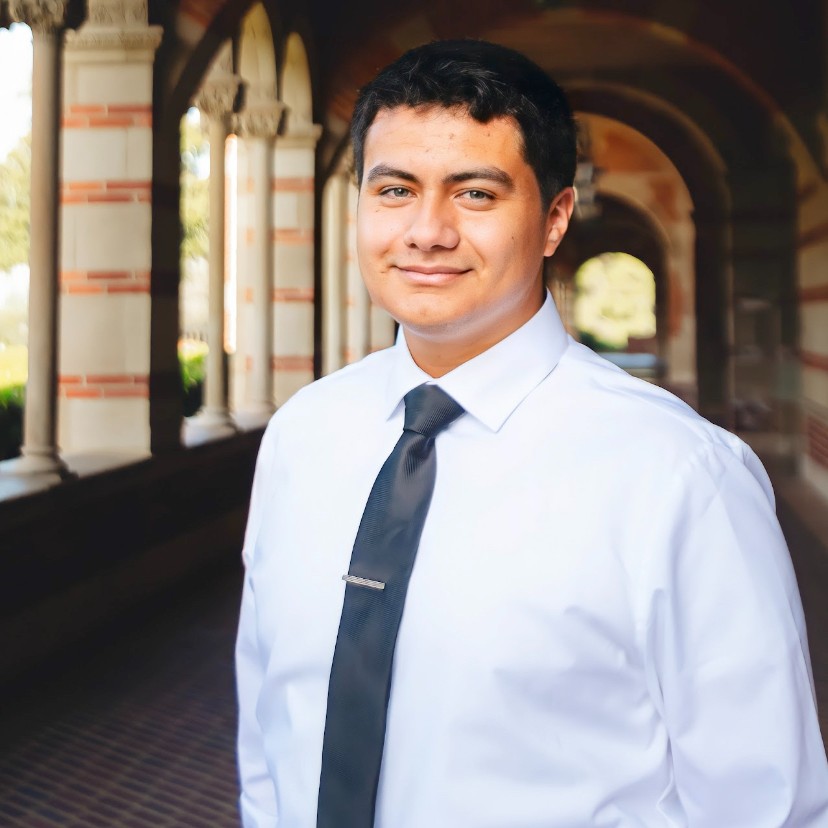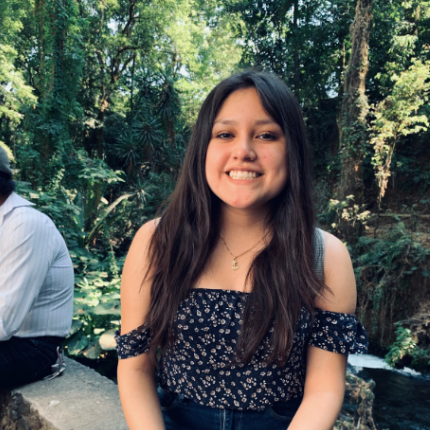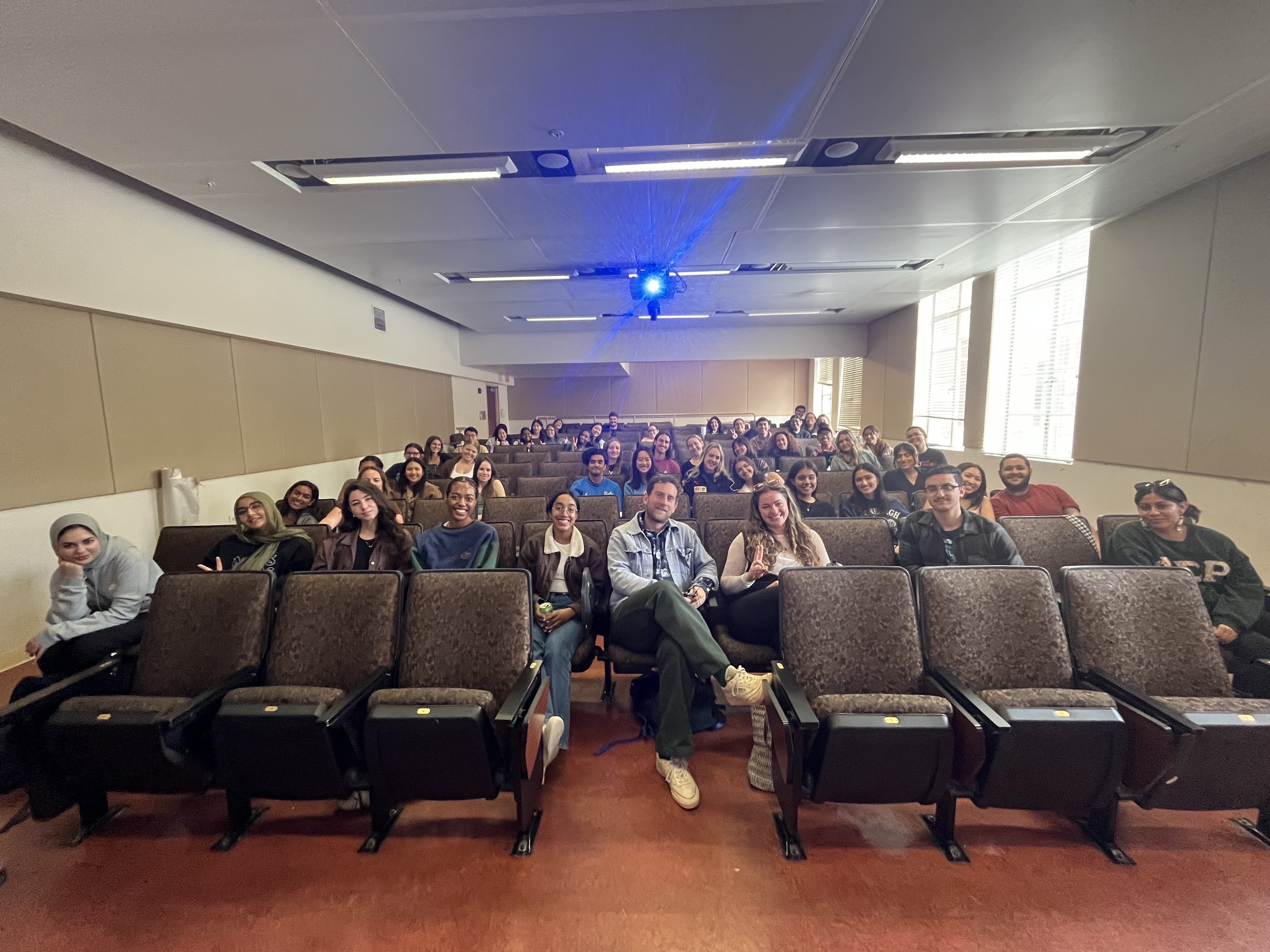Description
The goal of the project is to develop a course (syllabus, schedule, learning outcomes, readings, and lecture materials) that focuses on ideas surrounding mass incarceration and science. This course will analyze the historical legacies of incarceration and its intersection with science, as well as how incarceration exacerbates inequities within health through infectious diseases.
Science, Mass Incarceration, and Accountability
This course analyzes the historical legacies of incarceration and its many intersections with science, as well as how incarceration exacerbates inequities within health and longevity. Learning about the ways that science has advanced or profited off mass incarceration and working with community partners are fundamental steps towards rebuilding the relationship between science and public safety and accountability.
Structured and developed by students in the Carceral Ecologies Lab in collaboration with Dr. Shapiro, this course was designed by students for students. The first half of this course resembles a traditional class with lectures, readings, and weekly assignments. The second half of this course incorporates community engagement, guest speakers, and lab-style meetings. In the second half of the course, students will pivot from acting as individuals to working as part of a team to make small and humble steps towards bending the arc of history away from structural racism and towards more robust systems of accountability.
Learning Objectives
In this course, student will:
- Broaden their understanding of the history of mass incarceration, and specifically how science has been used to justify inhumane treatment, experimentation, or criminalization.
- Improve their ability as scientists and researchers to listen to community partners and build research agendas that align with community questions and goals.
- Deepen their understanding of dominant conceptions of accountability and public safety and how those deep seeded ideas might need to be changed.
- Improve their ability to interpret and critically evaluate scholarly articles about incarceration and public health.
- Have hands-on experience in conducting community-engaged research. Students will leave this class with an understanding of:
- The politics of study design and critical data studies basics
- How to critically abstract and analyze public records related to surveillance and incarceration
- How to work collaboratively towards a common goal.






